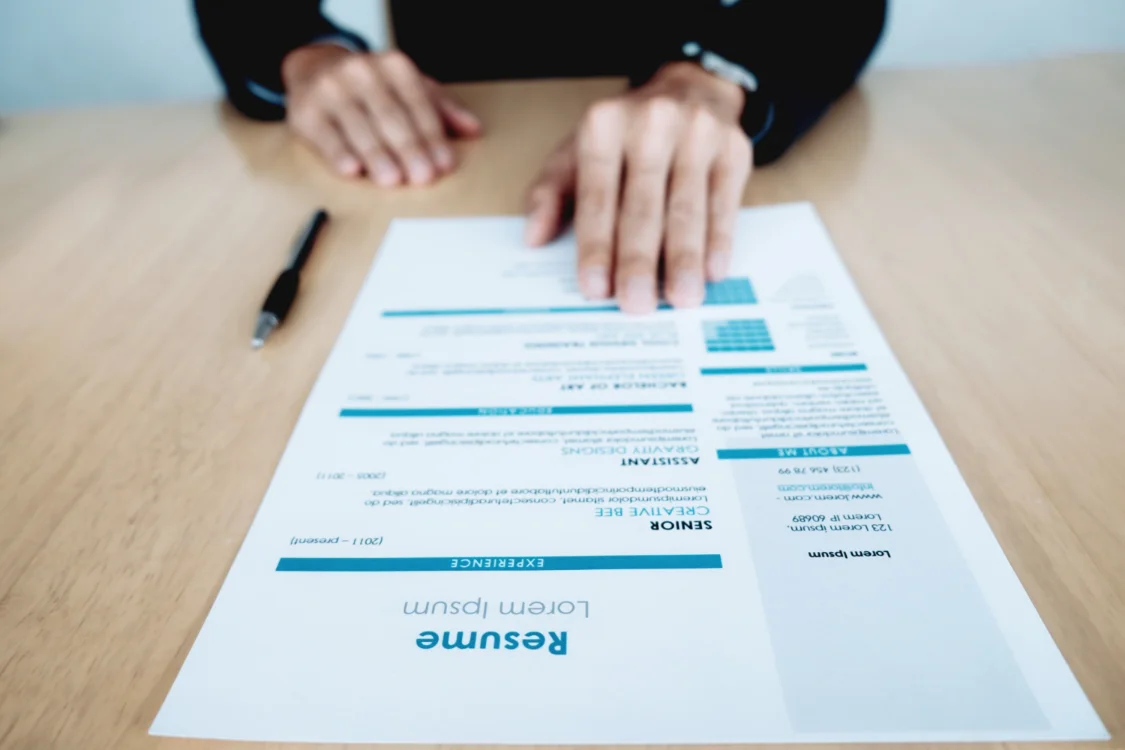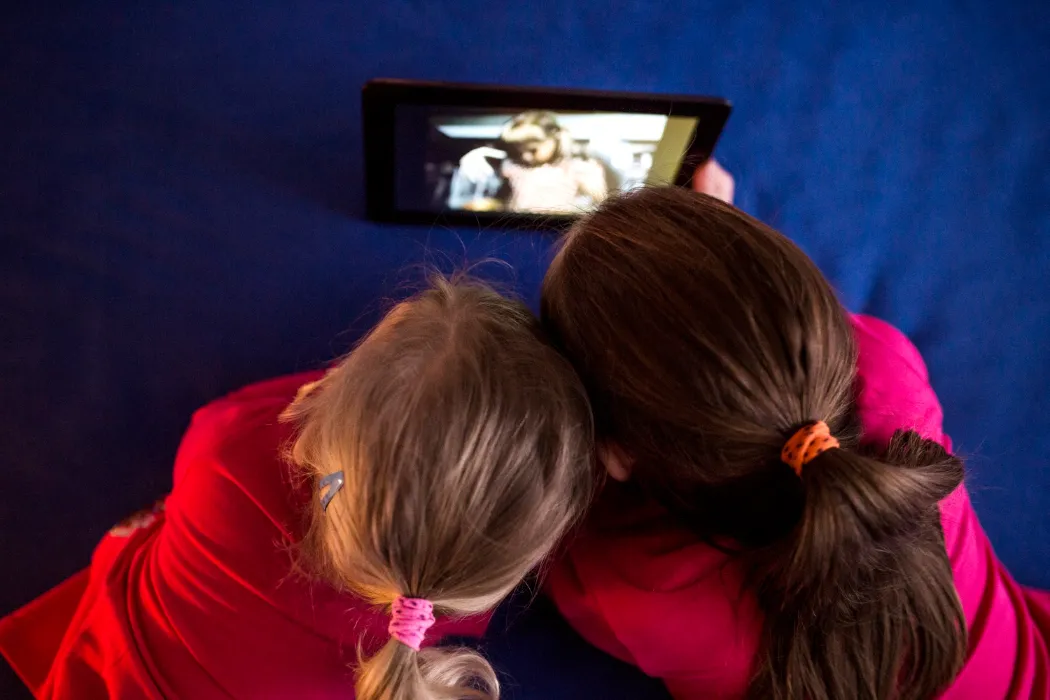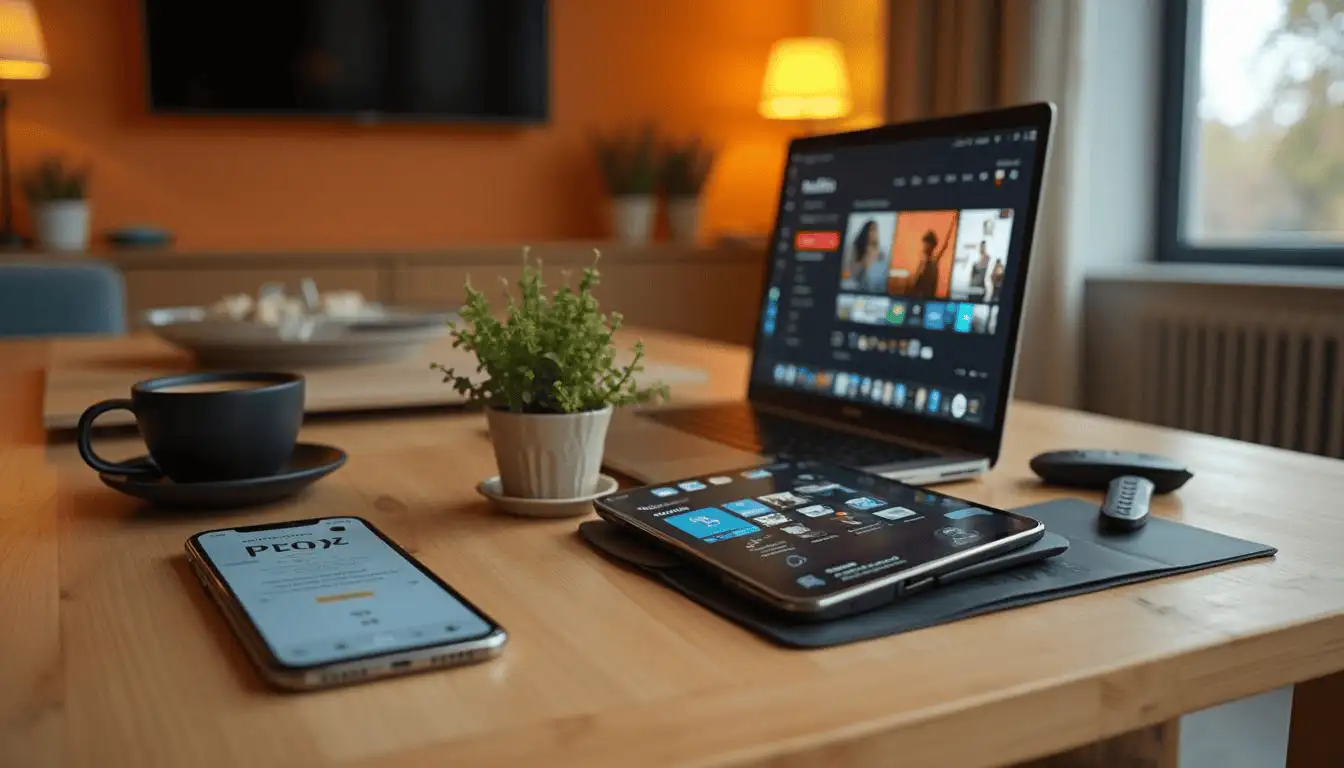Tips for Fighting Time Change and Saving in the Attempt
Although its original purpose is to save energy, it can have a significant impact

The time change is a phenomenon that affects millions of people around the world. Although its original purpose is to save energy, it can have a significant impact on our circadian rhythm, which can lead to sleep problems, fatigue, and other health issues. However, with the right tricks, you can fight against the time change and save in the process.
Understanding the Time Change
The time change refers to the practice of adjusting the clock at a specific time of the year. This practice is mainly carried out to make better use of natural light during the summer months. However, this change can disrupt our biological clock, which can lead to a series of health problems.
The time change can affect our health in various ways. It can alter our circadian rhythm, which is the internal clock that regulates our sleep and wake patterns. This can lead to sleep problems, fatigue, depression, and other health issues. Additionally, the time change can also affect our productivity and performance at work or school.
Tricks to Fight Against the Time Change
Gradual Adaptation
One of the most effective tricks to fight against the time change is gradual adaptation. This involves adjusting your sleep schedule in small increments in the days leading up to the time change. For example, you can try going to bed and waking up 15 minutes earlier each day for a week before the time change. This can help you adjust to the new schedule without feeling too tired or disoriented.
In addition to adjusting your sleep schedule, you can also try adjusting your meals to the new time. This can help you readjust your internal clock and reduce the effects of the time change.
Exposure to Light
Exposure to light is another effective trick to fight against the time change. Light is one of the main regulators of our circadian rhythm. Therefore, exposing yourself to natural light during the day can help you adjust to the new schedule.
Try to spend time outdoors during the day, especially in the morning. If you can't go outside, try opening the curtains or blinds to let in natural light. At night, try to reduce exposure to light, especially the blue light emitted by electronic devices, as it can interfere with your sleep.
Saving in the Process
Energy Saving
The time change was originally implemented to save energy. By making more use of natural light, it is supposed that we would reduce electricity usage. However, studies have shown that energy savings are minimal. Still, you can take advantage of the time change to implement some energy-saving practices.
For example, you can make use of natural light to reduce the use of artificial lights. You can also adjust your thermostat settings to reduce heating or air conditioning usage. These small changes can help you save on your energy bills.
Time Saving
The time change can also be an opportunity to save time. By adjusting your schedule, you can find new opportunities to be more productive. For example, you can use the extra hour of light in the afternoon to exercise, read, meditate, or spend time with your family.
Additionally, by adjusting your sleep and meal schedules, you can find new routines that help you be more efficient. For example, you can prepare your meals in advance to save time during the week. Or you can use the extra hour of light in the morning to exercise or meditate using Headspace, which can help you start the day with energy and focus.
Although the time change can be a challenge, with the right tricks you can fight against it and save in the process. Remember, the key is gradual adaptation, exposure to light, and taking advantage of opportunities to save energy and time.








































































